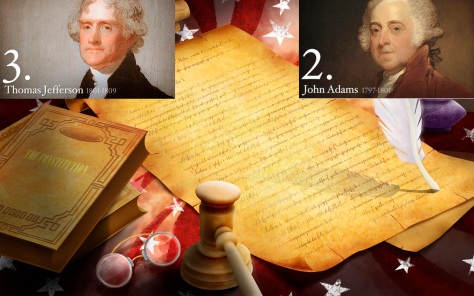Awards and Flu Seasons have commenced as the 2013 Golden Globes gave Bostonian Ben Affleck a pretty phatty sack including Best Director and Best Picture. Daniel Day Lewis got best actor which let’s be honest isn’t very surprising to anyone. So wash your hands and eat oranges as Oscar night approaches on February 24th. Speaking of Oscar potential Star Wars Episode VII has officially hired director J.J. Abrams to helm the film. The young director just finished his second Star Trek film and took the job reportedly after months of being courted by new Lucasfilm CEO Kathleen Kennedy. Abrams even publicly announced that he would NOT direct the film, which evidently he was just flat out lying about. What a SILLY GOOSE! Some would say. Abrams’ credits include Star Trek and Mission: Impossible – Ghost Protocol, having also written and produced big name stuff like Lost and Alias. Regardless, Disney’s newest branch seems pretty pumped to have him;
It’s very exciting to have J.J. aboard leading the charge as we set off to make a new Star Wars movie,” said Lucasfilm president Kathleen Kennedy in a press release Jan. 25. “J.J. is the perfect director to helm this. Beyond having such great instincts as a filmmaker, he has an intuitive understanding of this franchise. He understands the essence of the Star Wars experience, and will bring that talent to create an unforgettable motion picture.”
Star Wars creator George Lucas also gave his blessing to the selection of Abrams. “I’ve consistently been impressed with J.J. as a filmmaker and storyteller,” said Lucas. “He’s an ideal choice to direct the new Star Wars film and the legacy couldn’t be in better hands.
Having just landed the biggest directing gig in Hollywood, let’s take a look at Abrams’ most recent project:








